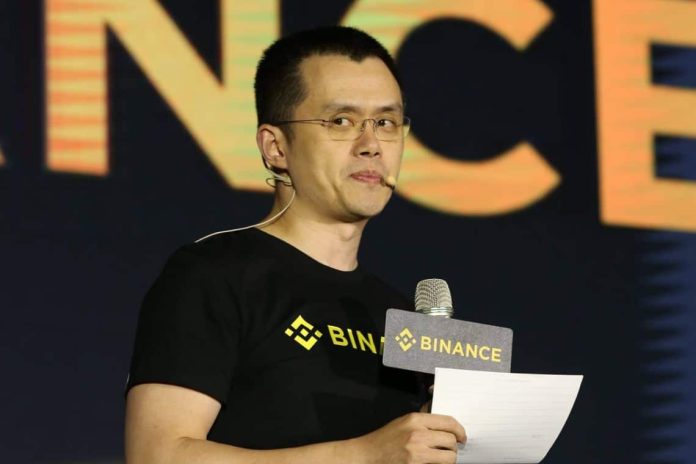During a recent meeting at the Binance Chinese community meetup in Dubai, Yi He, co-founder of the global crypto exchange Binance, provided information on the legal situation of the former CEO of the company, Changpeng Zhao.
While Zhao awaits his sentencing in the United States, scheduled for April 30th, Yi He’s comments shed light on the prevailing atmosphere surrounding his legal battles.
Binance Co-founder comments on the legal situation of the company’s CEO CZ
Changpeng Zhao, often known by his initials CZ, has been a prominent figure in the world of cryptocurrencies, having led Binance since its inception.
According to Yi He, Zhao is currently in a situation that is “largely peaceful”, suggesting that, despite the serious legal challenges, there is a sense of calm and preparation within his camp.
Zhao’s legal problems stem from allegations that, under his leadership, Binance did not adequately comply with US laws and sanctions against money laundering. For this reason, he has agreed to pay a fine of $50 million and resign from his role as CEO.
Although Zhao’s conviction could result in up to 18 months of imprisonment, US prosecutors are pushing for a longer sentence. Despite these challenges, Zhao remains free on bail, secured by a $175 million bond.
During his speech, Yi He emphasized that past regulatory pressures have been anticipated internally, implying that Binance has prepared for the legal scrutiny it has had to face.
He has expressed the belief that the current situation, given the circumstances, can be seen as the most optimal result. This perspective suggests a strategic approach to navigating through legal complexities, which perhaps reflects an evolved compliance strategy within Binance.
The agreement with the USA
Binance itself has not been exempt from scrutiny. The exchange has pleaded guilty to charges such as money laundering and conducting an unauthorized money transmission business. The agreement involved a hefty fine of 4.3 billion dollars.
In response to these legal challenges, in recent years Binance would have made “significant compliance improvements”. These improvements aim to strengthen customer knowledge processes (KYC) and improve anti-money laundering measures (AML), demonstrating a commitment to regulatory compliance and a shift towards greater corporate governance.
The leadership transition from Zhao to Richard Teng also marks a significant turning point for Binance. Teng, who initially joined Binance as CEO of the Singapore branch and later as head of regional markets, has taken on the global leadership role after Zhao’s resignation.
His background, particularly in regulatory and financial sectors, is considered a strategic move to guide Binance through its complex regulatory landscape, especially after the legal upheavals that involved its previous leader.
Yi He’s reassurance about Zhao’s situation may also reflect a broader attempt by Binance to stabilize its operations and restore the trust of its users and stakeholders. By portraying the circumstances as “largely peaceful” and “optimal”, Binance aims to project a sense of control and forward movement, despite the backdrop of legal challenges.
As the date of Zhao’s sentence approaches, the cryptocurrency community and investors are closely following the outcome of the trial, which will likely have significant implications for both Zhao and Binance. The resolution of these legal proceedings will not only affect Zhao’s personal and professional life, but could also influence Binance’s operational dynamics and regulatory strategies in the future.
Conclusions
In conclusion, although the legal saga involving Changpeng Zhao represents a turbulent chapter for Binance, the company’s proactive stance on compliance and strategic leadership adjustments suggest a strong effort to overcome these challenges.
Yi He’s comments highlight a narrative of resilience and strategic adaptation, while Binance continues to operate on the global stage in an evolving regulatory landscape.







